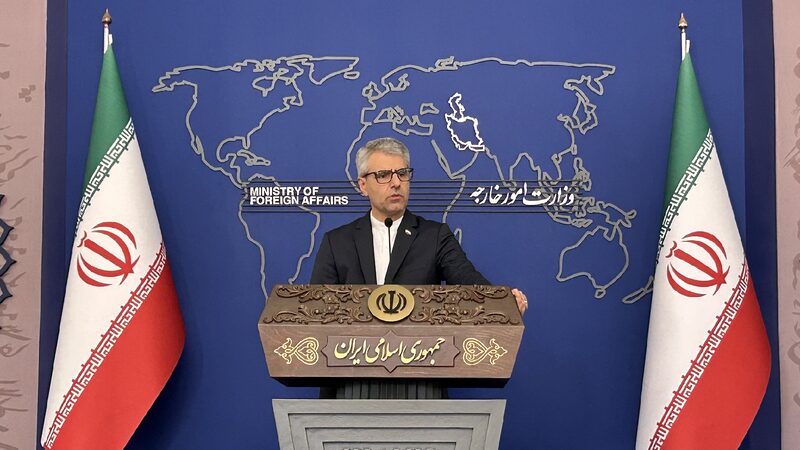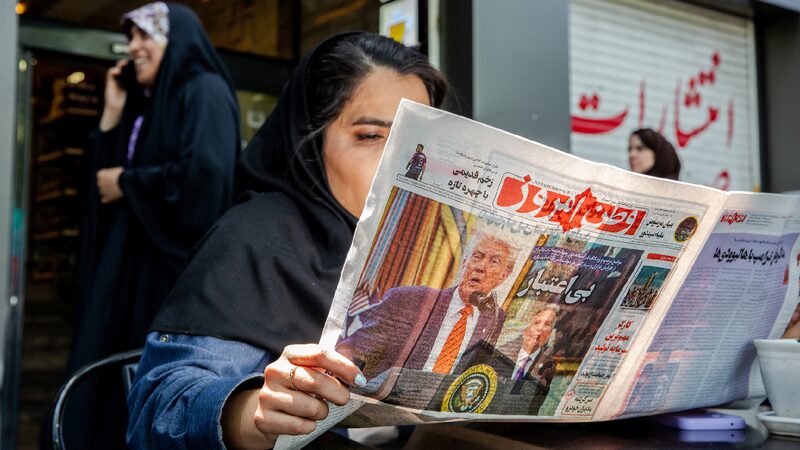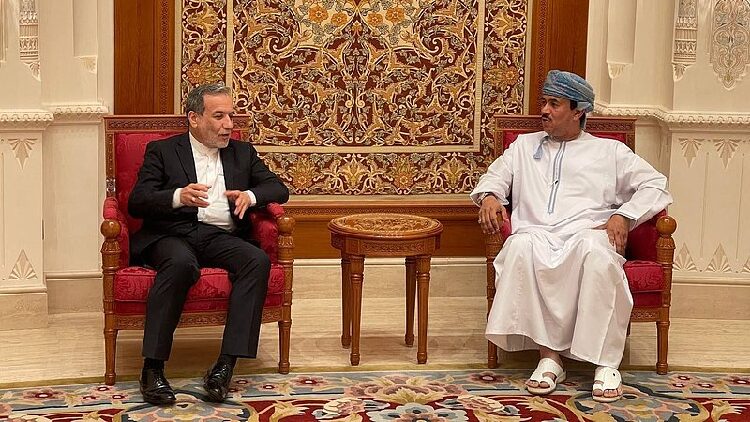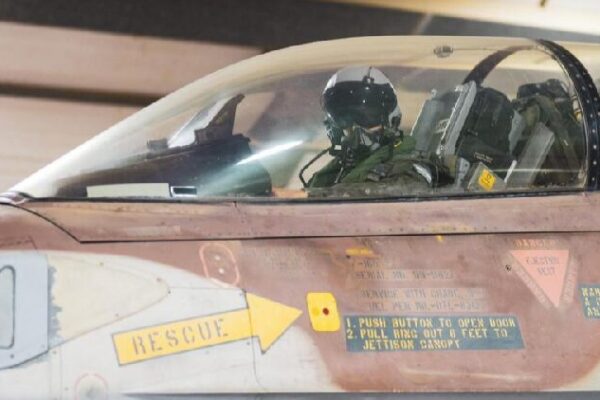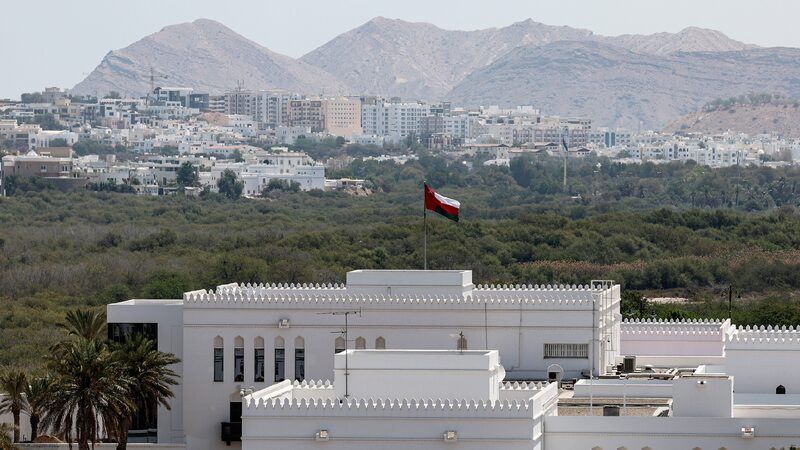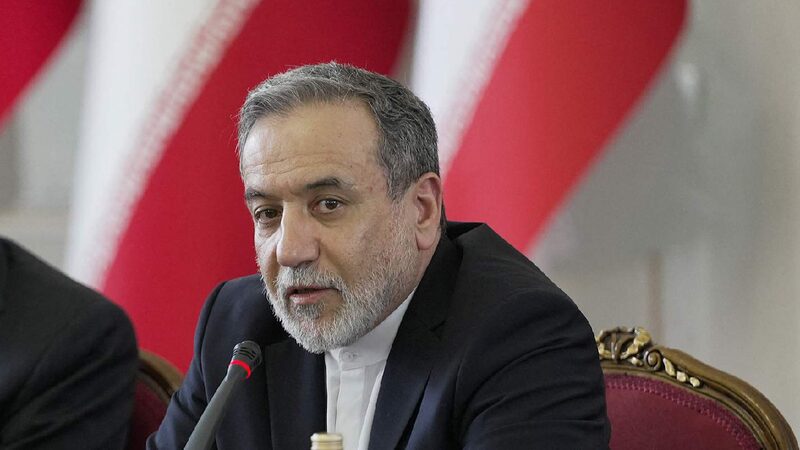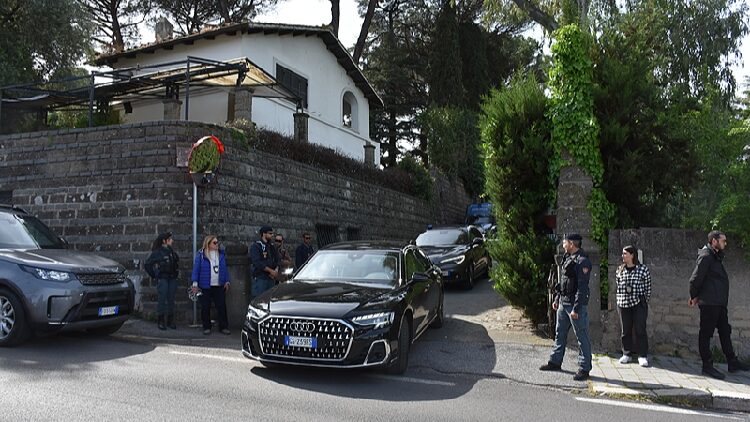In a crucial moment for international diplomacy, the United States and Iran have entered intense negotiations aiming to revive a nuclear agreement that could prevent military conflict. The talks, mediated by Oman, represent a significant step since the U.S. withdrew from the 2015 Joint Comprehensive Plan of Action (JCPOA) and reinstated sanctions on Iran.
Under the original deal, Iran agreed to limit its uranium enrichment in exchange for relief from economic sanctions. However, following the U.S. withdrawal in 2018, Iran began exceeding the JCPOA’s enrichment limits, accumulating uranium enriched up to 60% purity—close to weapons-grade levels. Iran maintains that its nuclear program is for peaceful purposes.
U.S. President Donald Trump, now in his second term, has framed the negotiations as a final effort to prevent Iran from developing a nuclear weapon, warning that military action remains an option if diplomacy fails. Two rounds of indirect talks have taken place between Iran’s Foreign Minister Abbas Araghchi and U.S. envoy Steve Witkoff in Muscat and Rome. Technical experts are set to begin drafting the specifics of a potential agreement this week.
Iran is firm on its “red lines,” insisting on retaining its uranium enrichment capabilities and rejecting any demands to dismantle its nuclear infrastructure. While the U.S. initially pushed for complete dismantlement, it now appears open to allowing Iran to continue enrichment capped at 3.67% purity, aligning with JCPOA terms.
The path to an agreement is complicated by divisions within the Trump administration. National Security Adviser Mike Waltz and Secretary of State Marco Rubio advocate for the full dismantlement of Iran’s nuclear program, while others signal a willingness to accept monitored enrichment under strict safeguards.
Iran seeks assurances against another abrupt U.S. withdrawal and wants sanctions relief that will tangibly benefit its economy. “All sanctions should be lifted in a way that benefits the Iranian people,” Deputy Foreign Minister Kazem Gharibabadi stated.
Decades of mistrust between the two nations pose significant challenges. Supreme Leader Ali Khamenei has cautiously endorsed the negotiations but warns that Iran will defend itself if attacked. “We are not pursuing weapons, but if bombed, Iran will have no choice but to reconsider,” said Ali Larijani, an adviser to Khamenei.
Adding to the tension, Israel vehemently opposes any deal that does not completely dismantle Iran’s nuclear capabilities. Israeli officials have threatened unilateral military action against Iranian facilities. President Trump has attempted to restrain these tensions, preferring diplomacy but warning Iran of “great danger” if talks fail.
Despite the hurdles, some analysts believe there is a path forward. Seyed Hossein Mousavian, a scholar and former Iranian negotiator, highlights areas where U.S. and Iranian interests converge: mutual opposition to nuclear weapons, a shared aversion to war, economic incentives, and a preference for diplomatic solutions.
The outcome of these negotiations could have profound implications for global security and stability in the Middle East. The coming weeks will be critical in determining whether decades of enmity can give way to a new era of cooperation.
Reference(s):
Diplomacy on the brink: Can U.S. and Iran forge a new nuclear deal?
cgtn.com

